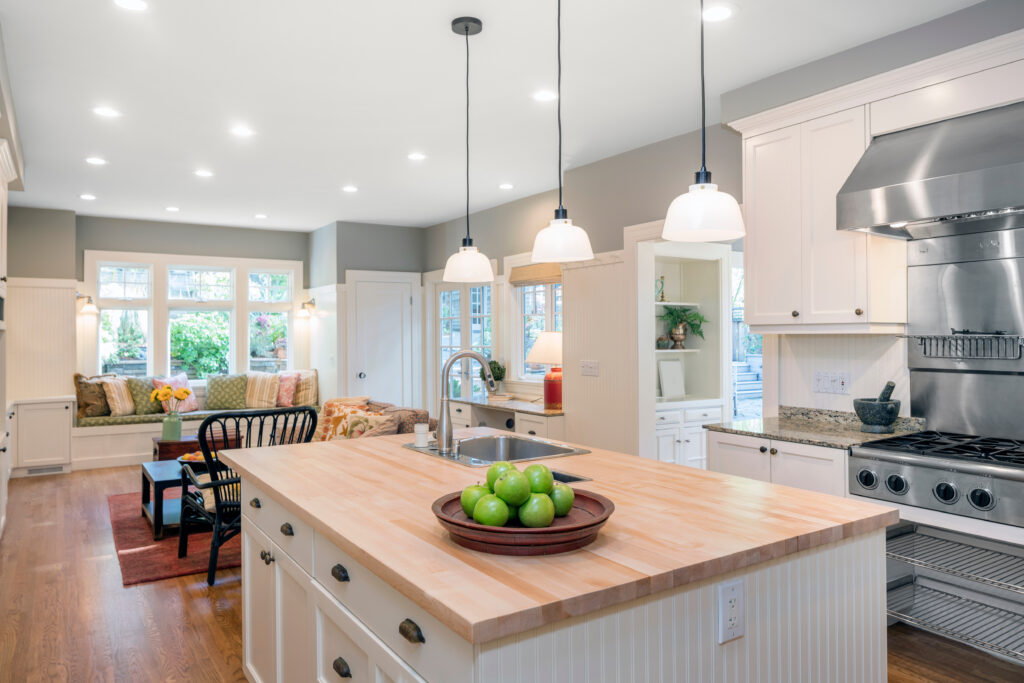What You Should Know About Refrigerator Light Bulbs (Yes, Really — They Matter!)
Okay, let’s talk about something small that a lot of homeowners never really think about… until it stops working: the refrigerator light bulb. It’s one of those things that just *is* — until it isn’t. One day, you open the fridge for your post-dinner snack and boom — darkness. Suddenly that leftover lasagna is MIA and you’re using your phone flashlight like you’re spelunking in a produce drawer. Not ideal. So, here’s a surprisingly helpful deep dive into this tiny but mighty component of your refrigerator. We’ll cover what it is, how it works, why it sometimes fails, and what you can do about it — especially when you have a home warranty backing you up.
What Even Is a Refrigerator Light Bulb (Other Than Obvious)?
Right, so let’s start here — the light bulb inside your fridge is designed to turn on when you open the refrigerator door and turn off when it closes. Sounds simple, and for the most part, it is. These bulbs are specially made to handle low temperatures and moisture without burning out quickly. Think of them as the sturdy, cold-weather camping gear version of what you’d use in a closet or lamp. They’re often 15 to 40 watts and are usually incandescent or LED — LED is more common these days thanks to their whole “energy-efficient and lasts longer” thing.
How Does the Refrigerator Light Actually Work?
Here’s the quick and dirty: there’s usually a small switch, called a door switch, located in the fridge’s frame. When the door is shut, that switch is pressed in and the circuit is broken, so the light turns off. When you pull the door open, the switch is released, completing the circuit and flipping the light on. So, yeah — it’s basically that same little push-button thing that’s in, like, every hotel mini fridge you’ve ever jimmied open. It’s a basic mechanism, but still — pretty slick when you think about it. And kind of satisfying. Don’t pretend you’ve never poked it on and off just for fun.
Benefits of LED Fridge Bulbs — It’s About More Than Light
Let’s say you’re looking to replace a busted bulb. You should absolutely consider switching to LED if you haven’t already. Here’s why: LEDs last up to 25 times longer than incandescent bulbs and use a fraction of the energy. Plus, they generate way less heat, which is especially important in a cold-storage environment. Less heat inside your fridge means your compressor doesn’t have to work overtime to cool it back down. That translates to energy savings and less wear on the fridge overall. See? That tiny bulb is already pulling its weight.
Common Refrigerator Light Bulb Issues (and Some You Didn’t Expect)
So, what goes wrong? The obvious one: the bulb burns out. That’ll happen after a lot of use, particularly with non-LED models. But sometimes the bulb is fine, and it’s actually the door switch that’s the issue. If that gets sticky, dirty, or faulty, it can keep the light from turning on. Or worse — keep it *on* when the door’s closed. Not great for your energy bills or the lifespan of the bulb. Another scenario is that the bulb just comes loose from its socket — especially in older refrigerators with that little twist-in base. So yeah, electrical issues can also pop up, usually tied to a wiring short, or even a blown internal fuse in very rare cases.
Is a Broken Fridge Light a Big Deal? Actually… Sometimes
Quick gut check here: no, you’re not going to blow up your fridge because your light bulb stopped working. But — and this is key — the light not working can be a symptom, not just the issue itself. Sometimes, it points to bigger electrical problems inside your refrigerator system. If your fridge has started acting weird — not cooling enough, making strange noises, or running constantly — and your light bulb also kicked the bucket around the same time, you should definitely keep an eye on that. It could be signaling that a part of your appliance’s internal system is starting to go. Yikes. That’s where a strong home warranty swoops in to help.
When a Home Warranty Comes in Clutch for Refrigerator Repairs
So, here’s where it all ties back to the bigger picture — a home warranty that covers your refrigerator can be a lifesaver. Not just for the little stuff like bulbs (which, okay, you’ll probably replace on your own), but for the starter motor, thermostat, compressor fan, or internal wiring issues that might *cause* the light to fail. Having a warranty means you don’t have to Google around for a reliable repair tech or sink hundreds of dollars into diagnostics and labor. You file a claim, someone comes out, you get support, and you can get back to focusing on more important things, like whether or not that guac in the back of the fridge is still good. Spoiler: it’s probably not.
Let Armadillo Keep the Light On — Literally and Figuratively
If you’re tired of unexpected appliance issues — and who isn’t — then a smart, modern home warranty from Armadillo might be what you’re looking for. We cover appliance repairs like refrigerator malfunctions, and yes, even the stuff that causes that little light bulb to go caput. Our digital-first service model means no long hold times and no sketchy middlemen. Just clear, helpful protection for the stuff you count on at home. Head over to our homepage to learn more, or get started building your custom plan right now at our plan builder. Because we believe even your fridge light deserves to shine bright.


























